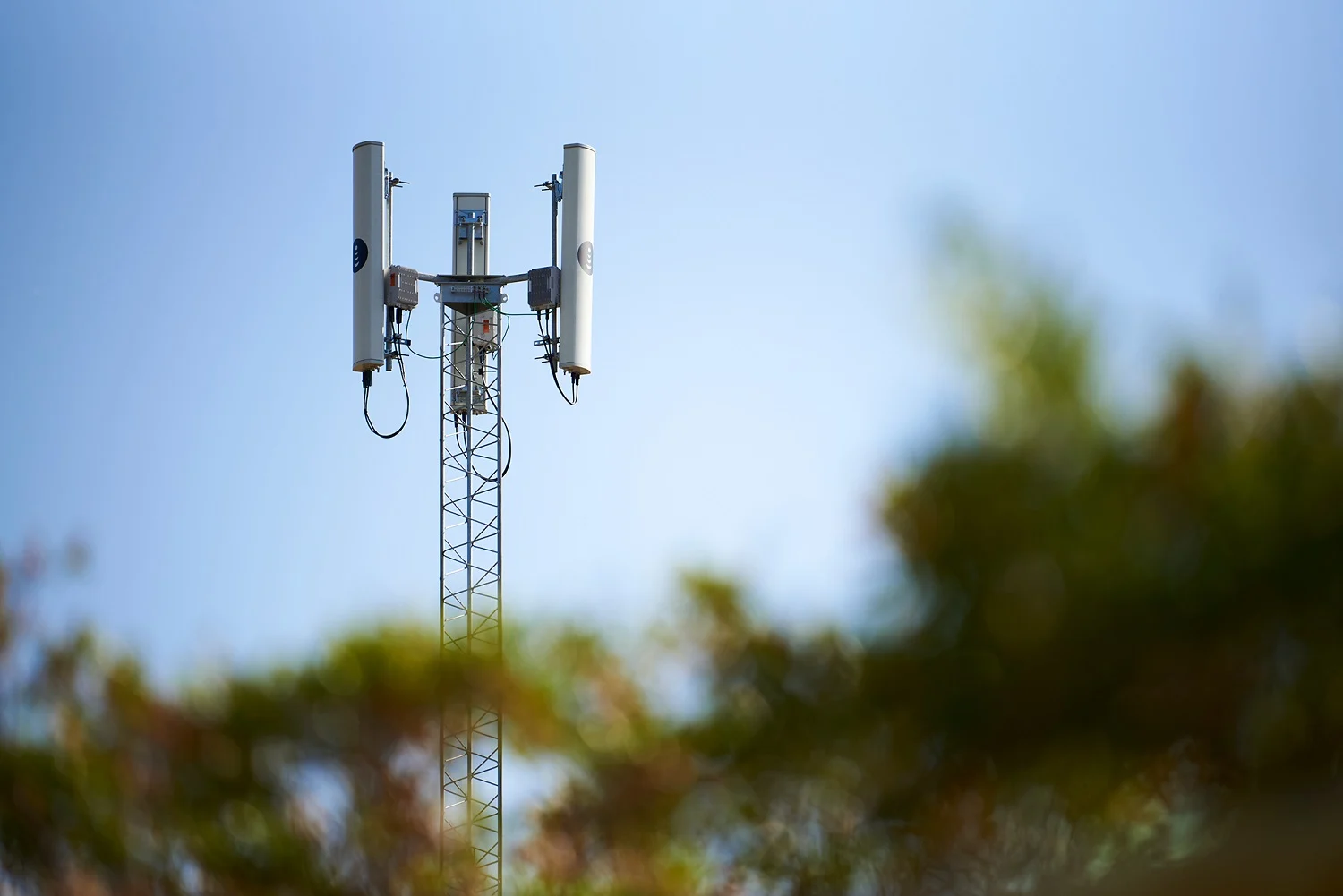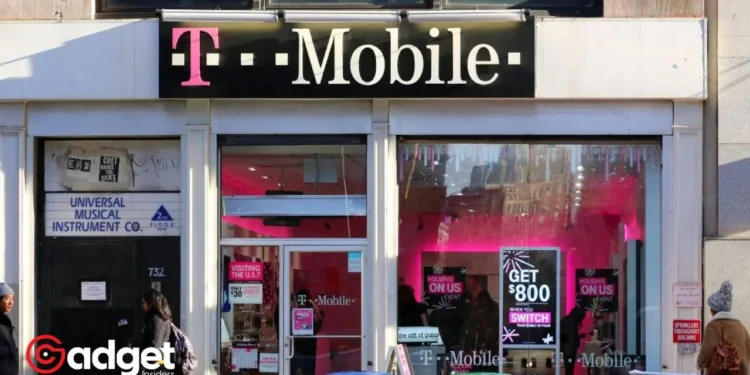In a surprising turn of events, T-Mobile’s decision to auction off a significant chunk of its 800MHz spectrum has sparked discussions across the telecommunications industry. Originally acquired through its merger with Sprint in 2020, this move has left many pondering the potential buyers and the future of this valuable wireless resource.

T-Mobile: A Spectrum of Doubts
T-Mobile’s intention to divest its 13.5MHz slice of the 800MHz band has been met with skepticism, with Dish Network already bowing out of the race. The auction, set for this fall, seems to be facing a lukewarm reception at best. Industry experts, including Brian Goemmer of Spektrum Metrics, express doubts about finding a willing buyer.
The anticipated lack of interest stems from the substantial investments required to integrate this spectrum into existing networks, potentially costing billions in infrastructure upgrades. Both Verizon and AT&T, while being logical contenders for the purchase, have hinted at curtailing network spending, making their participation uncertain.
Meanwhile, cable giants Comcast and Charter Communications, along with tech behemoth Amazon and space innovator Starlink, show little appetite for such an acquisition. The prospect of utilities stepping in as buyers, with engineering giant Burns & McDonnell leading the speculative list, offers a glimmer of hope. However, the hefty $3.6 billion starting bid could prove prohibitive.

The Dish Dilemma
Dish Network’s withdrawal from the bidding process underscores the broader challenges facing the telecom industry. Initially poised to fill Sprint’s shoes as the fourth national carrier, Dish’s financial instability has thwarted its ambitions, casting doubt on its ability to fulfill the terms of a complex agreement made during the T-Mobile-Sprint merger.
With bankruptcy looming, Dish’s struggle to secure the necessary funds for the 800MHz licenses reveals the precarious balance between growth aspirations and economic reality.
Dish expected to walk away from T-Mobile's 800MHz spectrum | Light Reading https://t.co/EZdpZCJvU7
— SPRINTS BACK (@sprintsback) August 22, 2022
A Market in Flux
The telecom market’s response to T-Mobile’s auction is reflective of a larger trend of cautious investment and strategic retrenchment. As companies weigh the costs against the potential benefits of acquiring new spectrum, the allure of the 800MHz band dims.
With similar spectrum assets from Ligado Networks and MidWave Wireless languishing without buyers, and utilities like Memphis Light, Gas, and Water opting for regional spectrum purchases, T-Mobile’s auction faces an uphill battle.

The Future of the 800MHz Auction
As T-Mobile gears up for its fall auction, the industry watches with bated breath. The outcome could reshape the competitive landscape, offering new opportunities for regional carriers and internet providers, particularly in underserved areas. Yet, the significant financial barriers and the narrow utility of the 800MHz spectrum may limit its appeal, leaving T-Mobile in search of a buyer willing to unlock its potential.
In this high-stakes game of spectrum strategy, the future remains uncertain. As companies and analysts alike ponder the possibilities, the 800MHz auction stands as a testament to the ever-evolving dynamics of the telecommunications sector, where the only constant is change.










